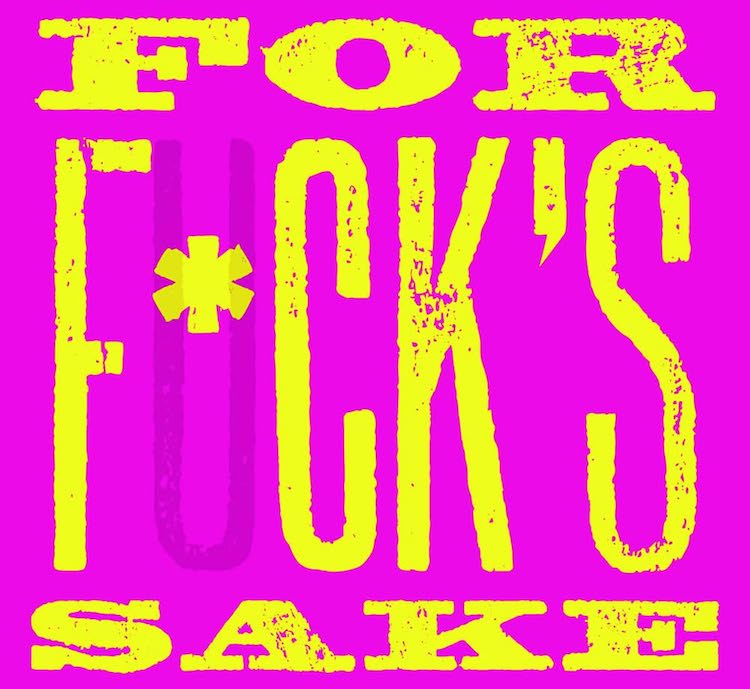
Rebecca Roache covers a lot of ground in For F*ck’s Sake: Why Swearing Is Shocking, Rude, and Fun, her study of the power that swear words possess. The most interesting chapters are those that deal with an often overlooked aspect of swearing: the use of distancing devices such as quotation marks and asterisks to mitigate offence.
The book also discusses broader issues such as the regulation and reappropriation of swear words, including the destigmatisation of the c-word. Roache argues that reclaiming sexist language would not necessarily reduce misogynistic social attitudes: “If all we do is start using cunt in polite company, we’re going to achieve little more than upsetting people. Cunt alone can’t cure misogyny.”
Philip Gooden’s Bad Words and What They Say about Us, Peter Silverton’s Filthy English, Ruth Wajnryb’s Language Most Foul, and David Sosa’s Bad Words cover similar ground to Roache. Geoffrey Hughes wrote An Encyclopedia of Swearing, expanded from his earlier book Swearing. Forbidden Words, by Keith Allan and Kate Burridge, is the most authoritative guide to linguistic taboos, and Allen also recently edited The Oxford Handbook of Taboo Words and Language.
The book also discusses broader issues such as the regulation and reappropriation of swear words, including the destigmatisation of the c-word. Roache argues that reclaiming sexist language would not necessarily reduce misogynistic social attitudes: “If all we do is start using cunt in polite company, we’re going to achieve little more than upsetting people. Cunt alone can’t cure misogyny.”
Philip Gooden’s Bad Words and What They Say about Us, Peter Silverton’s Filthy English, Ruth Wajnryb’s Language Most Foul, and David Sosa’s Bad Words cover similar ground to Roache. Geoffrey Hughes wrote An Encyclopedia of Swearing, expanded from his earlier book Swearing. Forbidden Words, by Keith Allan and Kate Burridge, is the most authoritative guide to linguistic taboos, and Allen also recently edited The Oxford Handbook of Taboo Words and Language.
